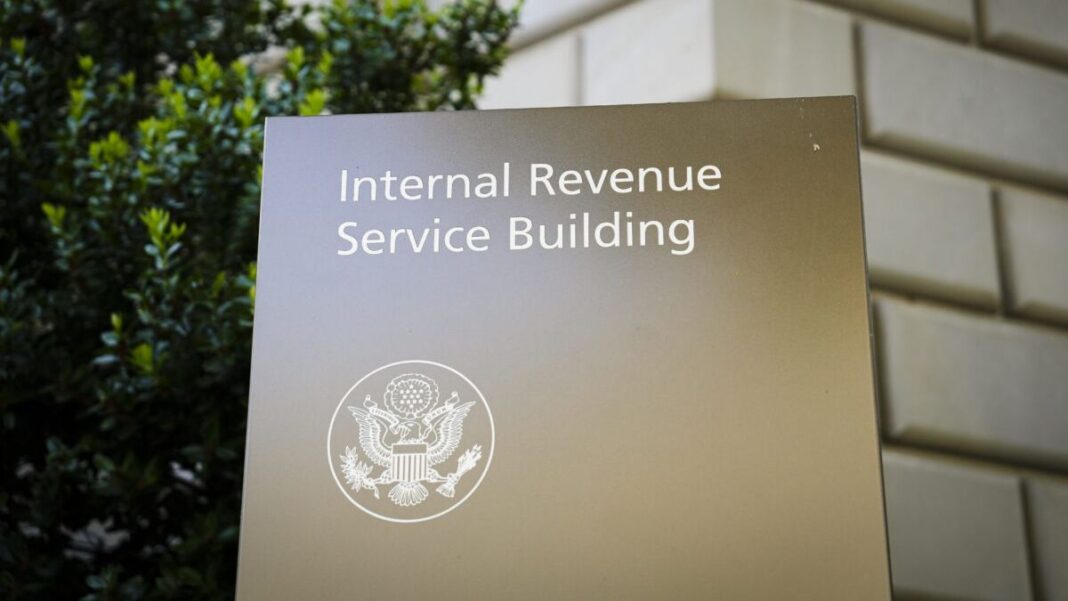
The new changes allow 401(k) participants aged 50 and above to contribute up to $30,500 towards their retirement.
Contribution limits for retirement plans like 401(k) and Individual Retirement Account (IRA) have been raised by $500 for the next year, according to a recent update by the Internal Revenue Service (IRS).
“The contribution limit for employees who participate in 401(k), 403(b), and most 457 plans, as well as the federal government’s Thrift Savings Plan, is increased to $23,000, up from $22,500,” the IRS said on Nov. 1. “The limit on annual contributions to an IRA increased to $7,000, up from $6,500.” The catch-up contributions for both retirement accounts have been kept the same. For IRA, the catch-up contribution is set at $1,000 for 2024, while for 401(k), it remains at $7,500.
A catch-up contribution allows individuals aged 50 and above to make additional contributions to their IRS or 401(k) accounts. Such individuals are closer to the age of retirement and, thus, have less time to grow their assets.
“Participants in 401(k), 403(b), and most 457 plans, as well as the federal government’s Thrift Savings Plan who are 50 and older can contribute up to $30,500, starting in 2024,” the agency noted, referring to the $23,000 contribution limit and $7,500 catch-up contribution.
The $500 boost in contribution limits for 401(k) and IRA plans can help customers boost their tax-free savings.
As far as 401(k) accounts are considered, contributions come directly from an employee’s salary prior to charging taxes. A larger contribution limit, therefore, indicates that individuals can build up a bigger pre-tax retirement fund. Moreover, $500 in extra contribution allows the person to have a lower taxable income.
Like with 401(k), the $500 increase in contribution means the extra money will grow tax-free in the account. For IRA accounts, the IRS may allow deducting contributions from the income tax return.
“Taxpayers can deduct contributions to a traditional IRA if they meet certain conditions. If during the year, either the taxpayer or the taxpayer’s spouse was covered by a retirement plan at work, the deduction may be reduced, or phased out, until it is eliminated, depending on filing status and income,” said the IRS.
“If neither the taxpayer nor the spouse is covered by a retirement plan at work, the phase-outs of the deduction do not apply.”








